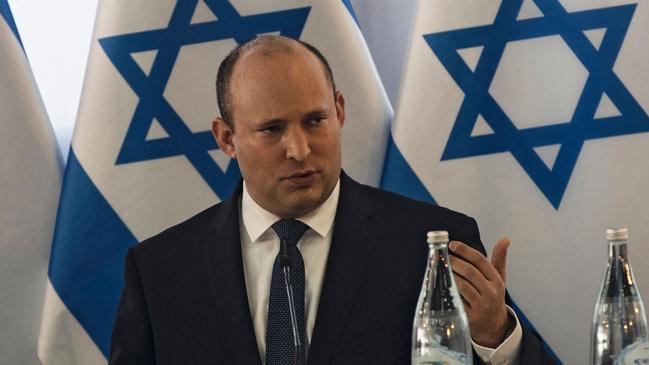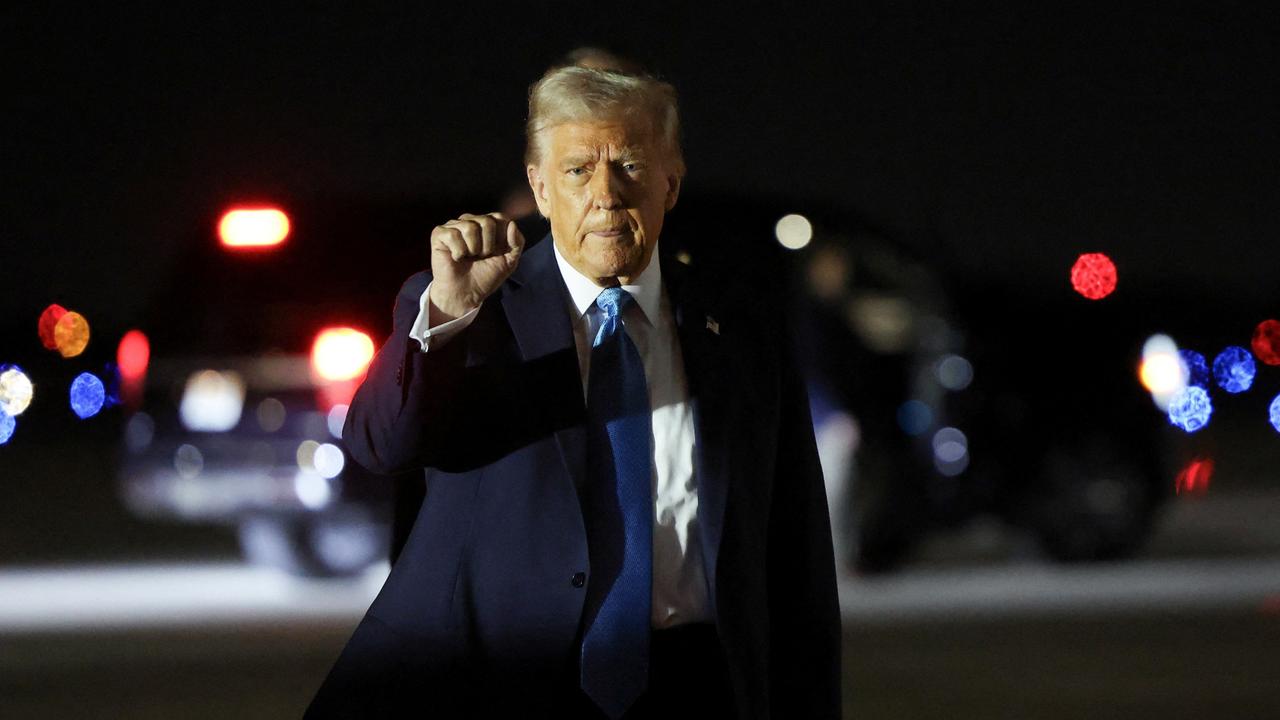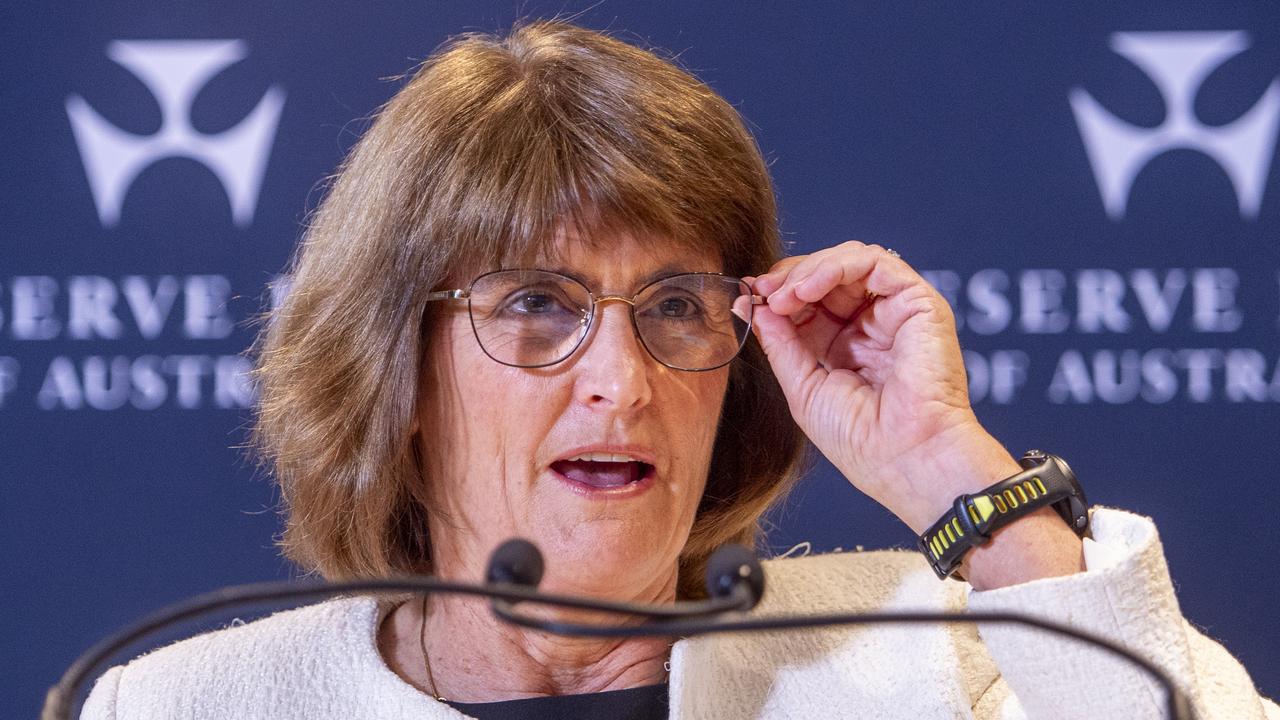Israel offers economic help to Palestinians, but not peace talks
Centrist coalition government launches a series of economic initiatives in West Bank aimed at curbing Hamas.

Israel is rushing to prop up the Palestinian Authority, promising loans, allowing infrastructure upgrades and holding high-level talks with West Bank leaders for the first time in years, in a bid to stem the growing influence of Hamas and keep a lid on unrest.
Together, the piecemeal initiatives amount to a new period of Palestinian engagement by an Israeli centrist coalition government attempting a reset on West Bank policies after a decade of frayed relations under former prime minister Benjamin Netanyahu.
Israeli Prime Minister Naftali Bennett has said the renewed dialogue isn’t meant to lay a foundation for peace talks, which were last held in 2014. Rather, Israeli officials say the efforts are designed to ease severe economic pain in the West Bank and ensure the survival of the Palestinian Authority, which is unpopular with its constituents but provides essential security assistance to Israel.
Defence Minister Benny Gantz – who has met twice with PA President Mahmoud Abbas, once in the West Bank and another time at his home in Israel – said last week that Israel’s security was at the heart of his meetings. “Ties with the Palestinian Authority strengthen the moderates and weaken our enemies, led by Hamas,” he told the Knesset.
Israel sees a major threat in the growing West Bank popularity of Hamas, the militant group that rules the Gaza Strip and has been designated a terrorist organisation by the US and Israel.
Polls show Palestinian support for Hamas has grown since a conflict last May with Israel because it struck the country’s heartland with rockets, even though hundreds of Gazans died.
High-level discussions between Israeli officials and the PA hadn’t occurred for more than a decade under Mr Netanyahu, who publicly threatened to annex West Bank territory for Israel. Israeli officials say there is an urgency to getting relations between Israeli government and Palestinian authorities back on track, particularly given the West Bank’s dire economic situation and Hamas’s gains.
On Sunday, Mr Abbas said his government was engaging with Israel to ease problems that had accumulated in recent years but wanted greater concessions from Israel. “This has not and will not be a substitute for our demands for a political solution in accordance with international resolutions to end the occupation,” said Mr Abbas, speaking at a gathering of top Palestinian leaders.
The Palestinian engagement has drawn criticism from Mr Netanyahu’s Likud party, which said the moves would compromise Israel’s security. Others say the PA has delegitimised itself by paying money to the families of those who wind up in Israeli jails – payments the Palestinians say are a social safety net for families who have lost their breadwinners.
An important Israeli initiative for the West Bank has been the issue or renewal of several thousand identity cards for Palestinians. With military checkpoints dotting most major roads, Israeli-approved ID cards are essential for Palestinians to travel anywhere in the country.
Israel has permitted Palestinian cellular providers to upgrade their networks to 4G. It also promised a loan of 500m shekels ($220m) to make up for tax revenues Israel takes away from the PA for the money it gives the family members of those in Israeli jails.
The Israelis’ posture is largely endorsed by the Biden administration, echoing parts of the Trump administration’s focus on economic progress for Palestinians over a separate Arab state.
A senior State Department official said longstanding US policy seeking a Palestinian state hadn’t changed, “but as making progress towards that goal is difficult at this time, it is vital that we support tangible, practical steps toward improving Palestinian lives”.
Neither Israelis nor Palestinians are eager for the resumption of US-led peace talks. Palestinians have lost hope that Washington’s involvement helps their cause, while Israelis have preferred to address security concerns as they arise, a policy described as “mowing the grass”, instead of addressing overarching political solutions.
For Israel, the initiatives are aimed at helping rein in West Bank discontent, which has boiled over with attacks on Israelis in Jerusalem as well as an uptick in armed confrontations between Israeli settlers and Palestinians.
“In the West Bank we have a real interest in the Palestinian Authority remaining the prominent power,” said Michael Milshtein, of the Palestinian Studies Forum at Tel Aviv University.
“We need to talk economics with the Palestinians because we need stability. But how long things remain stable without peace talks and addressing politics is a different question.”
Polling shows the PA has regained considerable support after its popularity bottomed when corruption allegations, bad services and the issue of alleged security co-operation with Israel were compounded by its decision to cancel elections last April.
The West Bank hasn’t held elections since 2006.
The Wall Street Journal


